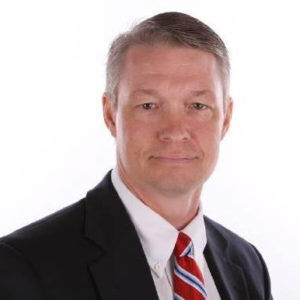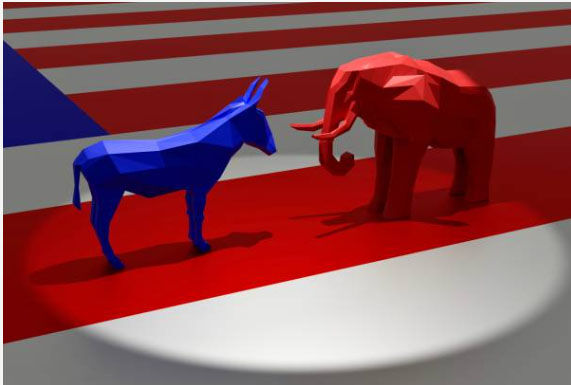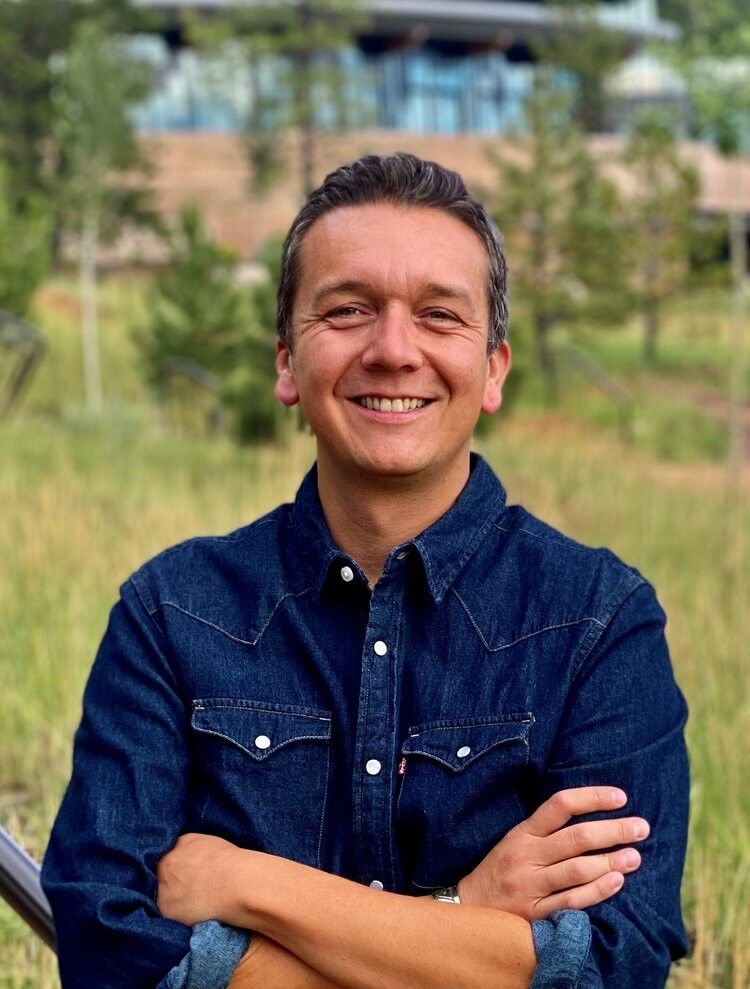SLOAN | Progressing to the Dark Ages


Back in 2016 the City of Denver embarked on a grand endeavor called “Vision Zero,” a project with the laudable goal of reducing vehicular deaths to zero. A great deal of planning and micromanagement of roads and driving behavior went into the effort. Five years after commencing the enterprise, traffic fatalities in the city reached a two-decade record high, and 2022 is poised to overtake that grim number.
Somebody, somewhere, will be tasked with ginning up an explanation to describe the project as successful. But to the rest of us, whatever the City is doing is not working.
This ought not come as a surprise. The approach taken was one of social engineering, of making it harder to drive, by reducing available driving lanes in favor of bike lanes, that sort of thing. The sort of thing, that is, that works marvelously on paper, but not so much (literally) on the streets.
Taking away one of their driving lanes does not convince most people to forego their primary, fastest and most convenient mode of transportation. What it does convince them to do is to divert down a side street that now presents itself as a viable alternative, the main road having been choked down into a congested traffic jam. Now being delayed, they are probably going to speed down that side road. All of this is an appalling surprise only to those who live either in purely theoretical or dogmatically ideological realms. It’s almost as though no one at the City has ever read Hazlitt’s “Economics in One Lesson.”
At any rate, mere empirical evidence is not enough to convince the architects of the City’s Vision Zero strategy to reevaluate their approach and perhaps try something workable to achieve the entirely worthy goal of zero vehicle deaths. Indeed, they are doubling down on their road-choking strategy, and not only in pursuit of Vision Zero. There has been a growing push by some to “re-imagine” society as an automobile-less utopia; to essentially redesign cities, which, the Luddites complain, were built around the concept of vehicular transportation. This is rather on the order of complaining that restaurants have been foolishly built around the concept of guest tables, or sports stadiums around the selfish desires of spectators.
This particular vision is one of cloistered, communal tracts where everything one could want is ensconced in a square mile or two, and where one would not often feel the need to venture much outside their few hundred acres. In other words, much as the bulk of humankind lived pretty much up until the 20th century.
This sort of Luddite regression is a recurring theme the farther left one gets. It has, for instance, long been an intellectual scandal as much as an economic one that we have all but abandoned any move to adopt nuclear power. Without a viable alternative – renewables physically capped at around 25% of electrical generation, and fossil fuels having also been declared verboten – what is left? We see more and more the narrative being adjusted to admonish us to “do without” – don’t fly, don’t drive, don’t eat meat, don’t keep your house that cool (or warm), don’t mow your lawn, or partake in pretty much anything else that has defined human advancement through the last 150 years. Conservation is a virtue, not a vice, and one that frankly conservatives have foolishly resisted for too long; but its ideological application bears with it a coercive element, born of a self-inflicted artificial necessity, and more than a touch of misanthropy.
Similar regression is found in what today passes for education as well. Barely a century ago, most students by the time they graduated high school regularly received instruction in world geography, history (ancient, modern and American), philosophy, poetry, literature – today education has been so diluted in pursuit of an egalitarian lowest-common-denominator that what remains of history instruction has been reduced to a vague, and often highly tendentious, “overview”, geography is rarely even mentioned, and humane letters replaced by ephemeral texts written the day before yesterday. This dilution of education generates a sort of ingrained provincialism, the closing of the American mind as Allen Bloom put it a generation ago, which cloistered, ghettoized communities and the discouragement of travel will hardly improve.
This general race to progress to the Dark Ages may serve to satisfy the central planners and the dreams of the Luddite set nostalgic for the anarchic hedonism of Woodstock and Haight-Ashbury, but will do little to advance the human condition, if not, more likely, reverse it.
Kelly Sloan is a political and public affairs consultant and a recovering journalist based in Denver.












